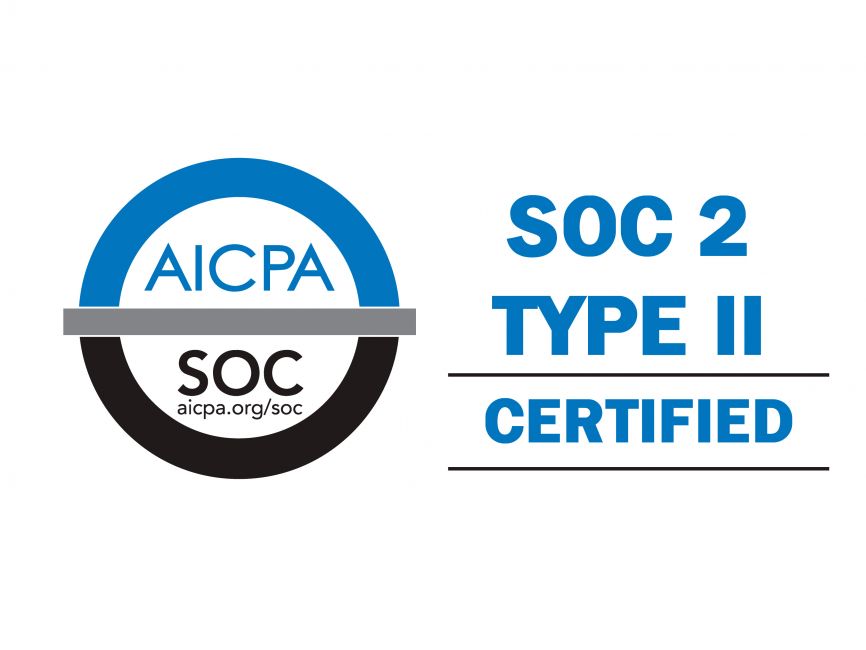Navigating health transitions, whether it’s a change in insurance coverage, a new diagnosis, or a shift in healthcare providers, can be a challenging and stressful experience. During these times of uncertainty, prioritizing self-care is essential to maintain your physical, emotional, and mental well-being. Here are some strategies to help you take care of yourself as you navigate health transitions:
Practice Mindfulness
Mindfulness techniques, such as deep breathing exercises, meditation, and guided imagery, can help calm your mind and reduce stress during transition periods. Take a few minutes daily to practice mindfulness and focus on the present moment. This can help alleviate anxiety and improve your overall sense of well-being.
Stay Connected
Connecting with friends, family members, and support groups can provide valuable emotional support during health transitions. Reach out to loved ones for encouragement, empathy, and guidance as you navigate your challenges. Sharing your experiences with others who understand can help alleviate isolation and loneliness.
Prioritize Self-Care Activities
Make time for activities that nourish your body, mind, and soul. Engage in hobbies you enjoy, spend time in nature, or pamper yourself with a relaxing bath or massage. Prioritizing self-care activities can help reduce stress, boost your mood, and increase your resilience during times of transition.
Stay Informed
Educate yourself about your health condition, treatment options, and available resources. Stay informed about changes in healthcare policies and coverage that may affect you. Knowledge empowers you to make informed decisions about your health and advocate for yourself effectively.
Set Realistic Goals
Set realistic goals for yourself and celebrate small victories along the way. Break larger tasks into smaller, manageable steps to avoid feeling overwhelmed. By setting achievable goals and acknowledging your progress, you can maintain a sense of control and accomplishment during health transitions.
Practice Self-Compassion
Be kind to yourself and practice self-compassion as you navigate health transitions. Acknowledge your feelings and experiences without judgment and treat yourself with the same kindness and understanding you would offer to a friend facing similar challenges. Self-compassion fosters resilience and helps you cope with adversity more effectively.
Seek Professional Support
Don’t hesitate to seek professional support if you struggle with health transitions. Therapists, counselors, and healthcare professionals can provide guidance, support, and coping strategies to help you navigate these challenges. Asking for help is a sign of strength, not weakness.
Stay Active
Engage in regular physical activity to support your overall health and well-being. Exercise can help reduce stress, boost mood, and improve energy levels. Find activities you enjoy, whether walking, yoga, swimming, or dancing, and make them a regular part of your routine.
Practice Gratitude
Cultivate gratitude for the blessings in your life, even during challenging times. Keep a gratitude journal and write down three things you’re thankful for daily. Focusing on the positive can help shift your perspective and improve your outlook on life.
Take It One Day at a Time
Remember to take things one day at a time and be gentle with yourself as you navigate health transitions. It’s okay to feel uncertain, scared, or overwhelmed at times. Focus on what you can control in the present moment and trust that you have the strength and resilience to overcome whatever challenges come your way.
Navigating health transitions can be daunting. Still, by prioritizing self-care, staying connected, staying informed, setting realistic goals, practicing self-compassion, seeking professional support, staying active, practicing gratitude, and taking things one day at a time, you can navigate these challenges with resilience and grace. Remember, you’re not alone, and taking care of yourself is essential as you embark on this journey toward health and healing.

